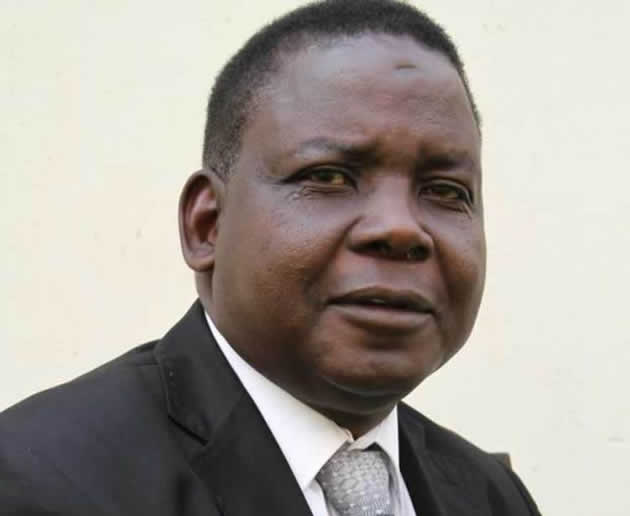
The Sunday Mail

Prince Mushawevato
Both Government and miners must stop apportioning blame to each other and adopt a common position as well as solutions that will jolt operations in the mining sector which is struggling to reach optimum levels, a senior Government official has said.
Deputy Minister of Mines and Mining Development Mr Fred Moyo said pushing Government to review levies and royalties downwards will not revamp operations as there are more problems in the sector which has not enjoyed meaningful investment in the past decade.
In an interview last week, the deputy minister said his ministry was meeting with the chamber of mines to come up with a solid position in addressing challenges in the sector.
He said matters affecting miners were broad, hence the need for a holistic approach.
“I met with the chief executive of the chamber of mines and his team to discuss a number of factors affecting operations within the mining sector. But, it should be noted that the discussions were not limited to issues of tax and levy only, there was more to it,” he said.
Mr Moyo said the chamber of mines has to come up with a concrete document that highlights all the challenges within the mining sector for a solid position to be reached. According to the deputy minister, challenges bedevilling the sector exist both in the internal and external environment of operations.
“It is wrong to always assume that when the sector (mining) faces difficulties it is because of Government. For instance, when you talk of levies, royalties and taxies, various organisations including Government departments like the Ministry of Finance, EMA, and Rural District Councils, among others, come into play and these all have an impact on mining activities…
“We need then to analyse and agree on how we can engage each and every group involved so that we come up with a favourable working environment for the sector,” explained Mr Moyo.
Government in 2012 reviewed the mining fees and royalties by over 1 000 percent upwards, resulting in mining companies spending more on fees.
Milling fees were increased to US$8 000 resulting in the number of millers dropping from 467 to 51.
The challenges facing the mining sector have hit small-scale miners hard. Their gold deliveries to Fidelity Printers and Refiners have dropped from an all-time high of 17 tonnes in 2004 to below 959kg in 2013. Also, chrome production has tumbled due to the perceived low commodity price being paid by big companies that operate smelting plants such as Zimasco and the existing chrome ore export ban.
Prices of chrome range between US$35 and US$165 per tonne on the domestic market against an average of US$220 on the international market. While acknowledging that a number of factors were contributing to a massive decline in mineral production, Zimbabwe Artisanal and Small Scale Miners Confederation (Zasmc) president Mr Wellington Takavarasha said it was crucial for Government to first address the issue of levies and prices of minerals to help boost production.
He added that the review of mining royalties was long overdue.
“The issue of levies and pricing of minerals needs to be revisited as a matter of urgency. The two lead in slowing down production at the moment. Statistics show that 70 percent of miners are into gold and chrome mining,” he said.
A recently produced report by the Centre for Natural Resource Governance (CNRG) indicated that the Reserve Bank of Zimbabwe (RBZ) through Fidelity was unable to offer competitive prices for gold, thereby creating a thriving black market for the mineral.
CNRG noted that Fidelity was buying gold at US$32 per gram, while on the informal market a gramme of gold would fetch between US$39 and US$42.
“The unfavourable commodity price on the domestic market has led to an increase in leakages of minerals. Most of the gold that is being produced by unregistered miners is ending up in foreign markets like South Africa,” said Mr Takavarasha.
Miners early this year met with the Parliamentary Portfolio Committee on Mines and Energy to discuss issues ranging from royalties and taxes, delays in obtaining mining registration licences, EMA approval periods and fees, high mineral registration licences and access to loans and equipment from Government.




